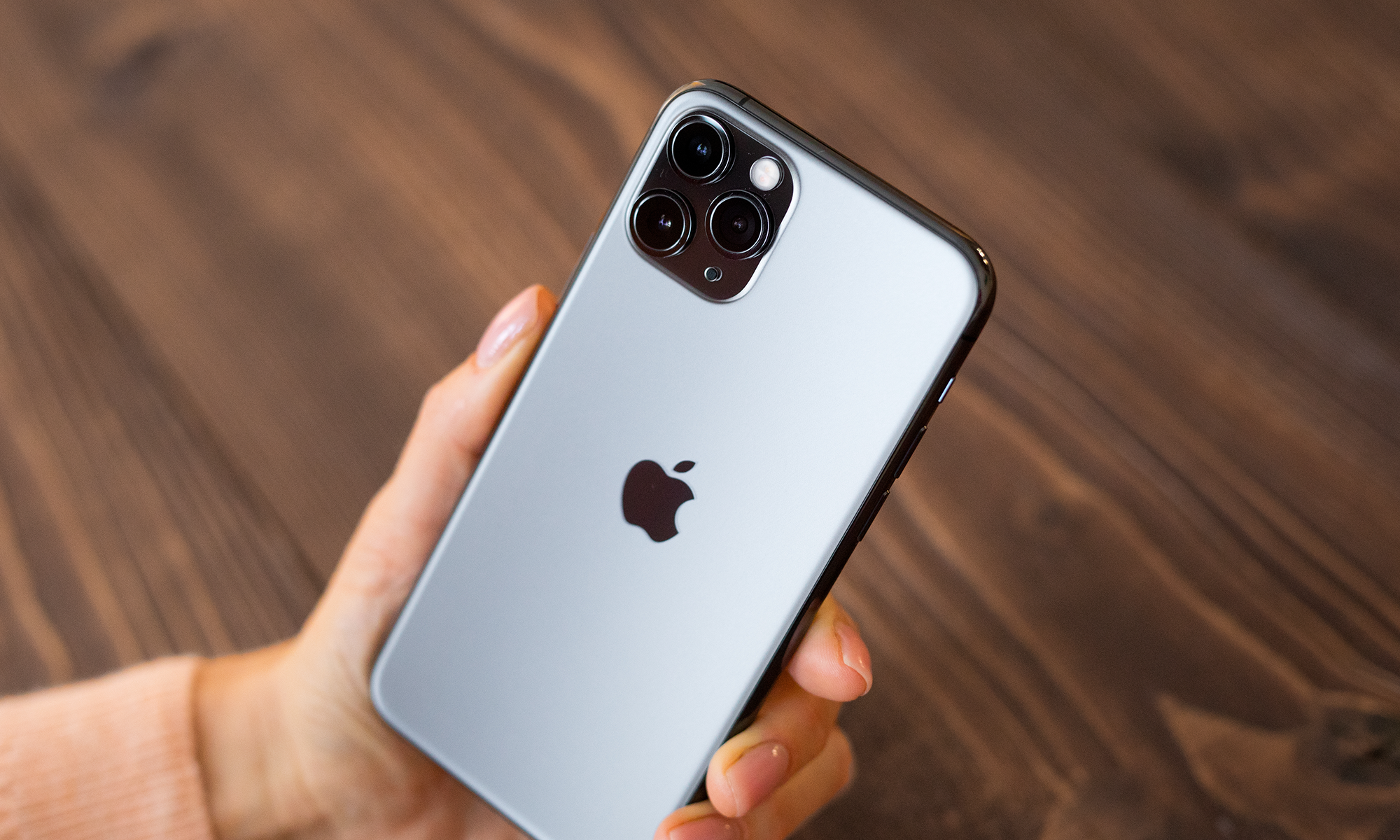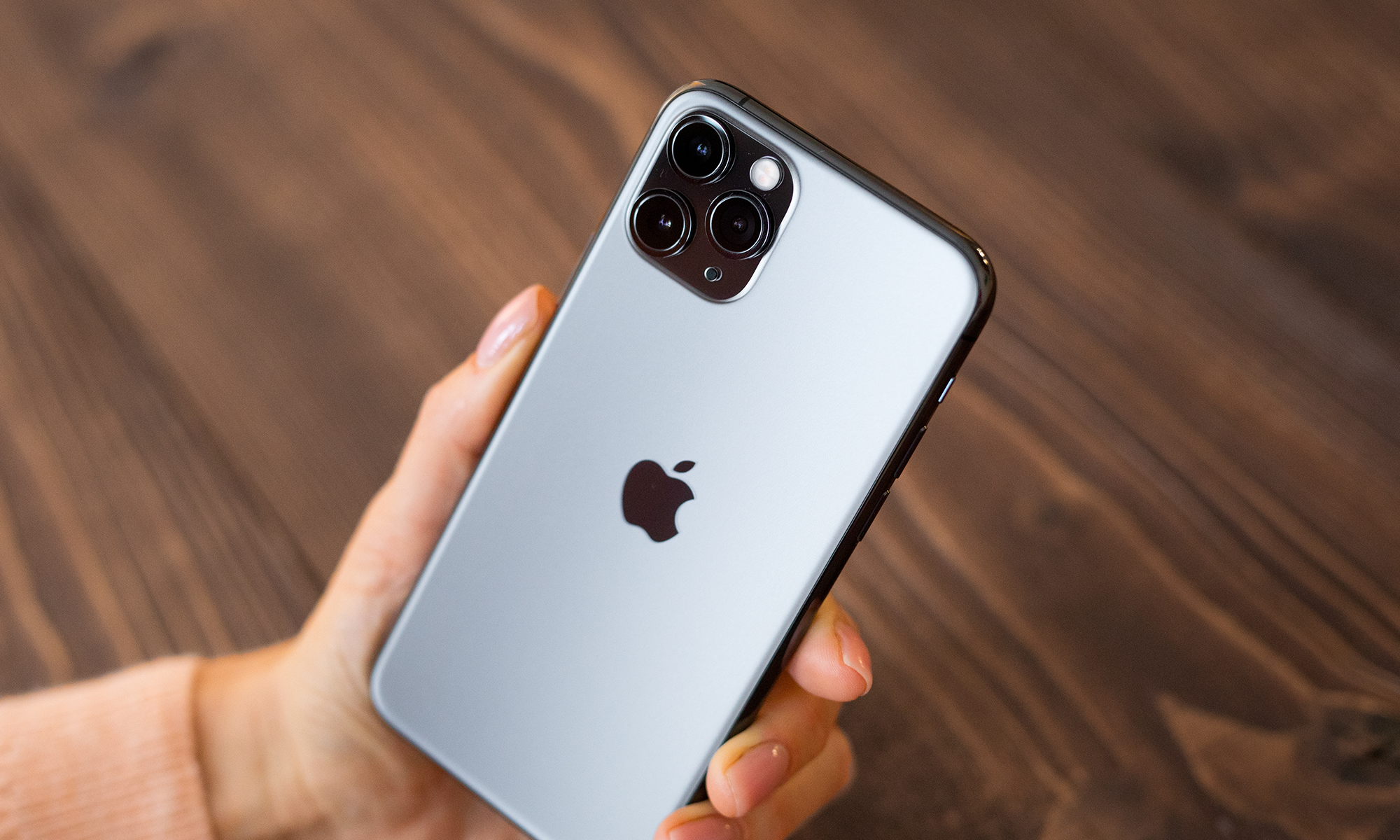Both Apple (AAPL 0.56%) and Samsung (NASDAQOTH: SSNLF) release a sustainability report that trumpets their social and ecological progress. While both are improving their suppliers' practices, each tends to encounter the same repeated issues. The latest reports detail continued poor labor practices. Just what kind, and will these issues ever materially affect the companies or investors?


Source: 2014 Samsung Sustainability Report.
Issues in detail
The above list comes from Samsung's own on-site surveys of 200 Chinese suppliers. While the results of the survey were only reported with these numbers and no specifics, Samsung also published findings from a third-party audit, which goes into greater detail.
Out of 100 Samsung suppliers:
- 48 had minors involved with chemical handling processes.
- 59 failed to provide safety gear like gloves, ear plugs, goggles, or masks.
- A majority (no exact number given) don't comply with China's legally permitted overtime hours.
- Nine discriminated based on either age, gender, or pregnancy in contracts or recruiting notices.
- 33 omitted working conditions from contracts or did not provide contracts to temporary workers.
- 33 delayed providing social insurance to workers.
- 39 paid only a fixed wage to part-time workers without providing pay for overtime hours.
- 33 instituted fines or cut pay as a disciplinary action.
- "Some" did not have emergency exits or working smoke alarms.
- 33 didn't properly monitor sewage.
- 35 failed to control air pollution from manufacturing.
To give credit, Samsung did actually publish these findings instead of hiding them and, more importantly, corrected each issue that it found. But Samsung isn't alone, as Apple faces many of the same issues.
In the audit of 451 Apple suppliers:
- Four conducted pregnancy testing, which Apple classifies as discrimination.
- 105 failed to provide workers with social insurance.
- 71 incorrectly calculated and underpaid overtime work.
- Eight were found to have underage labor.
- 209 lacked proper approval for fire safety, construction, or lightning regulations.
- 90 failed to provide safety gear like gloves, ear plugs, goggles, or masks.
- 159 did not have proper hazardous waste storage.
Apple addressed and corrected each issue that it found as well.

Workers in Shanghai eat lunch. Source: Apple Supplier Responsibility 2014 Progress Report.
Potential effects
These findings are nothing new, and it seems even when widely reported on, as in 2012 with Apple and supplier Foxconn, customers just don't care. And since customers don't care, investors don't care, at least concerning the top line of the income statement.
But what about increased costs? As Apple and Samsung demand fair practices from their suppliers, the latter might face higher expenses to actually install smoke detectors and pay overtime. For example, after Foxconn's undesirable attention in late 2011, it bumped factory worker salaries by 16% to 25%, and surely some of that must have increased the cost of putting together an iPhone. But looking at the iPhone numbers specifically, labor is one of the smallest costs.
Analyst Horace Dediu broke down iPhone costs in 2012, and estimated labor costs to be between 2% and 5% of the retail price. While increasing labor costs would nibble into margins, it's easy for Apple (with net margins around 22%) to stomach. Additionally, industry trends mean that both companies can take on higher labor costs. First, the cost of materials to build phones is dropping: One analyst puts the bill of materials for a Samsung Galaxy S5 between 10% and 15% less than an S4. Second, as the phone maker targets growth at lower price points, like with the iPhone 5c, it's expected that margin percentages may fall as earnings rise.
Improving, slowly
Apple began auditing its suppliers in 2006 and conducted 173 first-time audits last year. As these companies expand both their production relationships and auditing programs, working conditions will continue to improve. And while customers never seem to care, investors can at least shrug off any worry of increased expenses of such programs given how little labor factors into cost and where the industry is headed.






